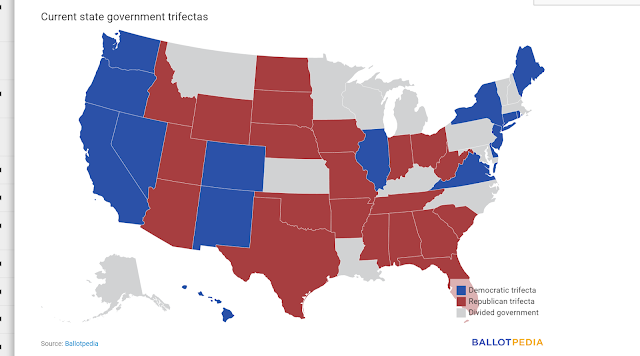Lobbying, Interest Groups, and Campaign Financing and its Influence on a Multi-party Structure in a Presidential Republic.
Almost all Americans who are aware at all about politics have some kind of opinion about the issues of lobbying, interest groups, and campaign financing. As usual, it gets complicated, but there are some things to remember when thinking about how it might work in a multi party presidential republic. First, let's try defining some terms. A lobbyist is a kind of person whose profession it is is to convince other people to support other things using the latter's power and authority. They usually for it for pay although sometimes do it pro bono, IE for free for some varying reason like personally being really interested in the subject, being able to put it on their resume in the future, or otherwise, although normally they would be paid if someone already had a good resume and didn't have a personal fascination or care for the topic. Lobbying is just the verb form of their profession, which some people might associate with the oldest profession. An interest group is any gr...
